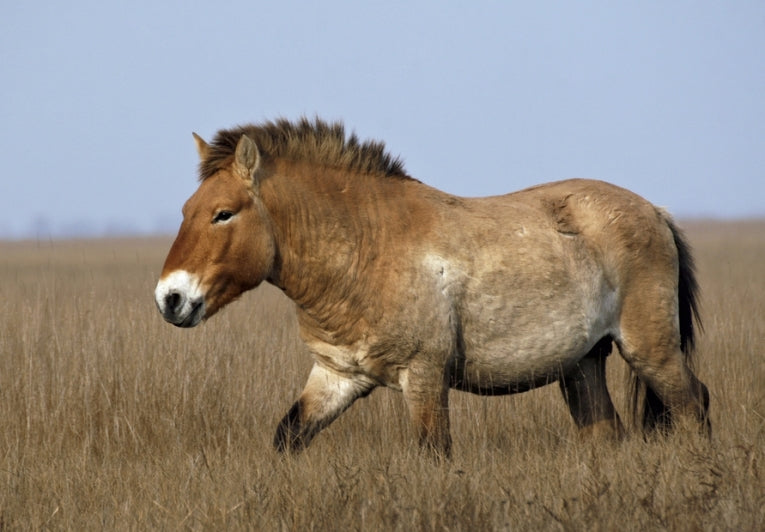The IUCN (International Union for the Conservation of Nature) are meeting in Seoul all this week and issuing valuable reminders about our natural heritage. Here at Earth Times, we've tried to cover most of the Critically Endangered species being listed in the top 100, as they have been reported.
Some, of course have just been discovered, or brought to safety at great expense, like the spoon-billed sandpipers. Some have no common name, so we will try to have an English reference for ease of communication. We have to talk through the name for them.
8000 scientists have identified the top 100 organisms and now concentrate on what nature can do for us. Tourism and medical research recur in the public mind. The service they all provide, of course, is valuable genes and substances that can be located in others and also bred in some cases. Their abilities, like any species, are linked to the niche they occupy in the natural order.
The most threatened species are often therefore those that seem almost unnecessary, The "Priceless or Worthless," title of the report says it all. "All the species listed are unique and irreplaceable. If they vanish, no amount of money can bring them back," says Ellen Butcher, ZSL, co-author of the report. "However, if we take immediate action we can give them a fighting chance for survival. But this requires society to support the moral and ethical position that all species have an inherent right to exist."
Among large animals, success is quite frequent, as with the humpback whale and Przewalski's horse. Little known mammals and birds fare badly though, as witnessed but the dwarf three-toed sloth, living on one tiny island off Panama. They are the smallest and the slowest sloth and also critically endangered. The chances for their survival can be quickly worked out.
An Asian antelope, the saola, is down to 20 or so individuals is in a similar situation as few ever see it. The UK is not without its problems. The only fungus mentioned in the report is the colourful willow blister, located only in a Welsh valley. Other countries are less lucky. Many have threatened species of all kinds such as the Brazilian forest insects, reptiles, birds and mammals - and I still missed most of them out, I bet! The Actinote zikani butterfly was thought extinct then rediscovered in Sao Paulo in 1991.

Actinote zikani butterfly; Credit: © Andre Freitas
Below is the largest of the American primates (apart from humans). It is probably also the world's most endangered, living as a neighbour of the butterfly above, and still hunted despite having a population of less than 850, which is the estimate for 2005.

Brachyteles hypoxanthus; Credit: © Andrew Young
We could go on into the fabled 100 but fables are what they will quickly become if they are unnoticed in all too frequent reports. The Sumatran rhino perhaps stands for all the others: some too small to be noticed and others too rare to be ever seen again. Either way, the IUCN are right to note that they are immensely valuable. It's simply up to you to persuade all of those who reasonably believe, They think, that they are worthless, and it's uneconomic to try and preserve their habitats in times of financial instability.










